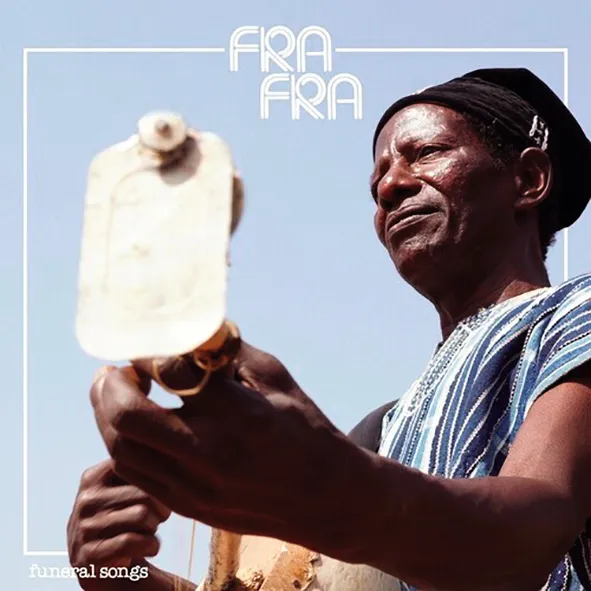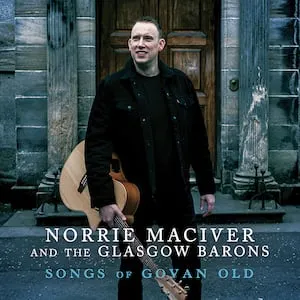Tibet
Ritual Traditions of the Bonpos Ocora C 583016 63:27 mins
Even before the pandemic, the flow of ethnographic recordings had declined to a trickle, and it’s now almost drying up. That is why this page focuses on the products of just two labels, and why some of the contents were recorded 40 years ago: Ocora is having to ransack its archives, as field recordings have become a public-health no-no. Moreover, present-day China wouldn’t have allowed the recordings in Tibet to have been made: the Bonpos were a Tibetan minority sect who have now dispersed to the West, where they are attracting devoted adherents.
Bon is a religion which predates Buddhism, and its rituals included exorcism and divination, but as in Buddhism its adherents believe that meditation and rituals are the path to enlightenment. The rituals here are based in chants whose repetitive simplicity makes a perfect background for meditation. You will go – as I did – into a trance, out of which the final track will wake you with its exultant cymbals, pipes slowly ascending in unison, a grainy bass horn, and the regular thud of a drum, all combining to create a wonderful feeling of release.
- Buy from Sheet Music Plus
- Buy from Amazon
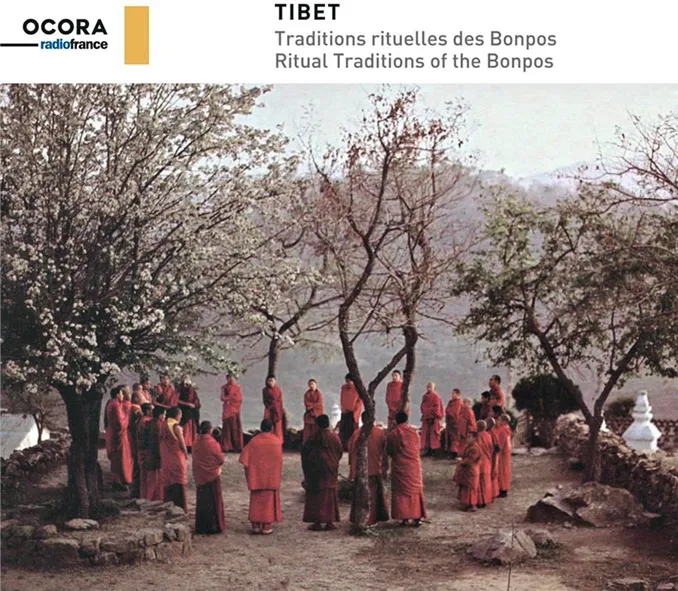
Armenia: The Art of the Duduk
Ocora C 560287
This album reflects a venerable instrumental tradition in its purest form. This apricot-wood oboe has ten finger holes and the span of a mere octave plus a third, and its unique double-reed mouthpiece requires much skill to master. Performers come in twos, one providing the melodic line and the other a drone, but the palette of colour is remarkable: it can be hard as iron or caressingly sweet, with a gamut of emotion in between.
Haig Sarikouyoumdjian is the soloist here, and gives us a taste of traditional Armenian improvisation as well as examples of regional styles. His sound seems infinitely malleable, and his improvisations roam thrillingly.
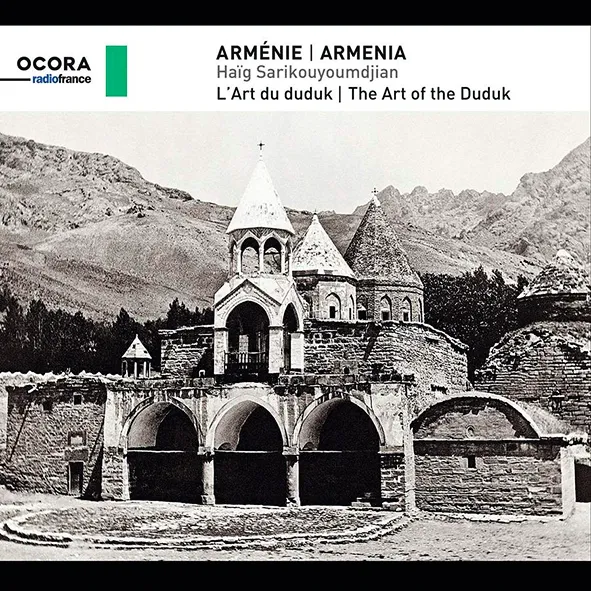
Cape Verde: An Archipelago of Music
Ocora C 561146/47
This album is the result of a recording trip through all the inhabited islands of Cape Verde in 1998, impelled by the desire to preserve sounds which even then were on their way to extinction. The incomparable Cesária Évora is not present – presumably because in 1998 she was at the height of her fame, and would have cost too much – but the talent and variety is nonetheless dazzling.
As the microphones hop from island to rocky island, the meld of Portuguese and African influences comes over with sunburnt infectiousness. Some tracks have a let-it-all-hang-out village charm, others testify to the refined sophistication of the solo singers, with the lazy, regretful sweetness of the morna style being all-pervasive.
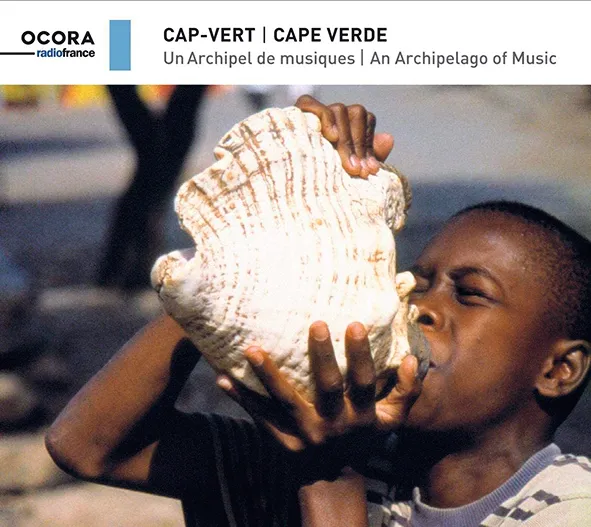
Iran: Talai, Musavi, Kiani – The masters of music
Dariush Talai, Mohammad Musavi, Jamshid Mohebbi, Majid Kiani Ocora C 561024
Ocora have re-released their excellent Persian classical CD Iran: Talai, Musavi, Kiani – The masters of music. As the celebrated musicologist Jean During points out in his liner-note, some of the earliest song collectors were the 19th-century master-musicians of what is now called Iran. Realising that their ancient oral tradition was evaporating, they collected modes and melodies from all corners of the country, and wove them together in a seamless web which they called the radif.
With Dariush Talai on the tar and setar lutes, Mohammad Musavi and Jamshid Mohebbi on percussion and Majid Kiani on the santur zither, During called together a top-notch ensemble who on this CD traverse the radif, exploring its many forms. This is austere music, but its distilled passion makes it gripping.
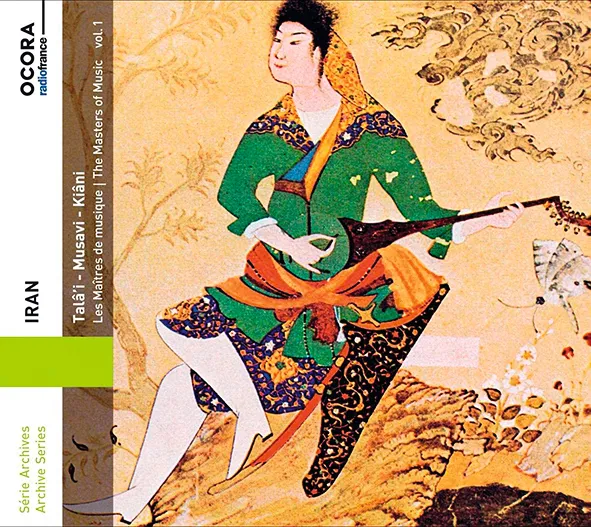
Fra-Fra Funeral Songs
Glitterbeat GBCD 089
Glitterbeat is continuing to put out arresting stuff, with its intrepid globe-trotting recordist Ian Brennan. Hidden Musics is the title of a series of field-recording albums with which Brennan is illuminating some little-known musical by-ways, two of which I have already praised in these columns.
Fra-Fra Funeral Songs come from northern Ghana and are led by Small, a man who trades on his diminutive size rather than apologising for it, and whose riffs seem to go on for ever. He is supported by other players on tiny bone flutes which they call ‘horns’, because that is what they are made of. There is nothing funereal here in the Western sense of the word: this strikingly unadorned music is irrepressibly cheerful.
Pakistan is for the Peaceful
Ustad Saami Glitterbeat GBCD097
Last year I hailed the Pakistani singer Ustad Saami’s CD God is not a terrorist. Here he comes again, thanks to Ian Brennan, with a new album entitled Pakistan is for the Peaceful, and the message is the same. Accompanied by his four sons, he offers three extended improvisations in which his microtonal world expands with luxurious grace.
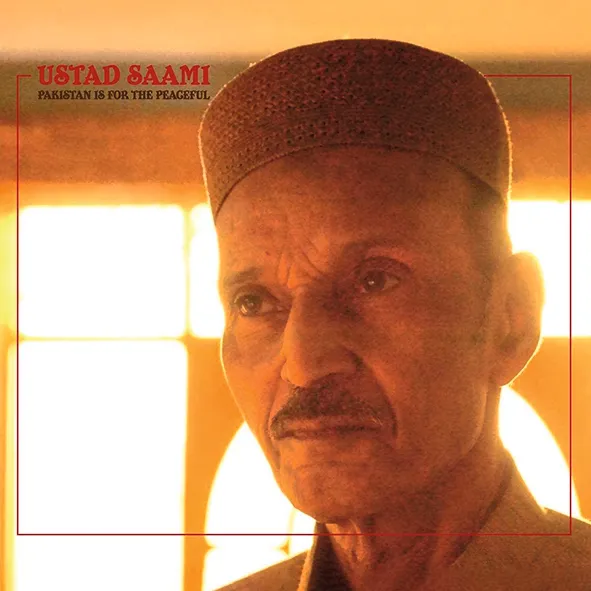
Songs of Govan Old
Norrie MacIver and the Glasgow Barons Glasgow Barons GLASGOWBARONS01
An acoustic album with an electric sense of place and strong historical significance is Songs Of Govan Old. It’s the debut of Scottish singer/songwriter Norrie MacIver, whose melodic storytelling songs often commemorate working class heroes and heroines, or use the words of poets from Glasgow’s former ship-building neighbourhood. He strums them out on acoustic guitar, with backing by five string players from Govan’s very own ‘regeneration orchestra’. MacIver’s inclusion of several songs in Gaelic, and his supple way and obvious comfort with the language are clear evidence of his own roots on the Isle of Lewis.
Canta Amalia
Mariza Warner Portugal 9029517564
Closer to the equator, in Lisbon, we find contemporary Portuguese fado luminary Mariza celebrating the peerless legacy of the greatest ever fado icon, Amália Rodrigues. She has drawn inspiration from her throughout her career as the foremost fadista of her own generation. She’s also had a productive partnership with Brazilian producer/musician Jaques Morelenbaum in other projects.
On Canta Amalia, his sweeping orchestral arrangements bring a breezy warmth to the austerity of traditional fado that might rankle with purists – just as Amalia’s groundbreaking, popularising work often did.

In the Wake of Memories
Wassim Mukdad (oud); Volker Lankow (percussion); David Rothenberg (clarinet) Clermont Music CLEO34
Another hugely successful collaborative project that’s also very relaxing is In the Wake of Memories, ‘music of hope and survival‘ which sees Syrian oud player Wassim Mukdad, subtly creative German percussionist Volker Lankow and American clarinettist David Rothenberg create breathtakingly gentle ‘meditations on resilience, empathy and love’. In the same way that African-American blues was borne out of enormous existential sadness, the pain of Syria’s war seems to have resulted in something also remarkably uplifting. The three musicians have such an incredible chemistry and ease in each other’s soundworld that they could almost be living in one another’s pockets, musically speaking.
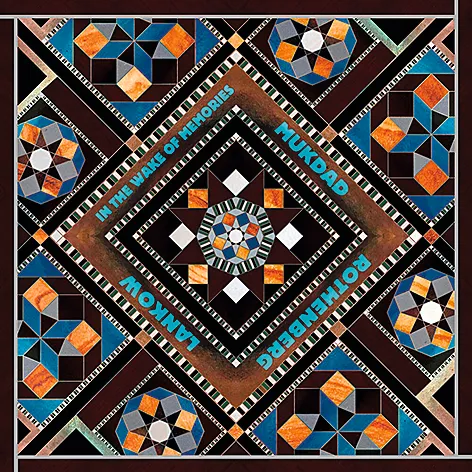
Another World of Okinawan Music
Aragaki Mutsumi Ninuhai Recordings NNH-001
The contemplative mood continues in Aragaki Mutsumi’s Another World Of Okinawan Music, a sublimely soothing sound portrait of Japan’s southernmost island. It begins with soft sea susurrations, the plunkings of sanshin (the local three-stringed banjo equivalent) and Mutsumi’s abstract vocalisations and traditional singing in the Okinawan language. She adds to that the sound of her own heartbeat, digital noises and the chirping of birdlife and insects. The effect is quite immersive and perhaps likely to lower any high blood pressure you may suffer. Just relax; this disc is all you need.
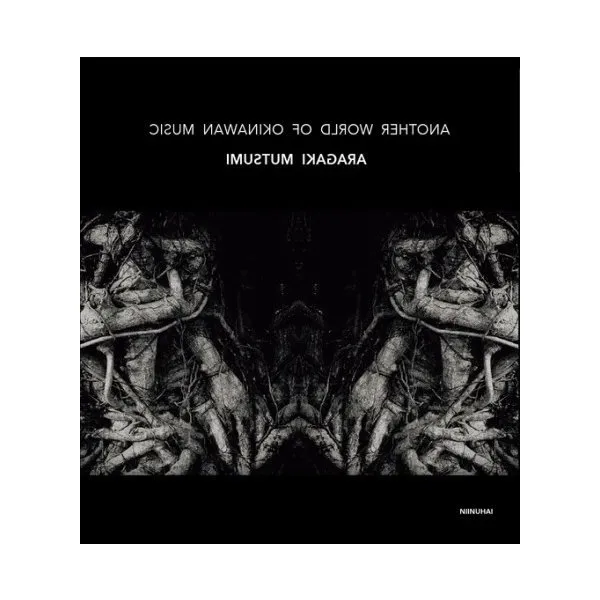
Long Time Passing:Kronos Quartet & Friends Celebrate Pete Seeger
Meklit Hadero (vocalist); Kronos Quartet Smithsonian Folkways SFW 40240
Long Time Passing: Kronos Quartet & Friends Celebrate Pete Seeger is a suitably strong follow-up to their superb 2015 collaboration Tundra Songs with Canadian Inuk ‘throat singer’ Tanya Tagaq. Seeger’s tireless social activism, song collecting and songwriting spanned half a century that ended with his passing in 2014. These luminous reworkings of 15 songs he discovered or wrote, by San Francisco’s most adventurous string quartet, underline the fact that their relevance lives on well after his life ended. Perhaps most pertinent and prescient is ‘Garbage’, which could be heard as a warning about the looming catastrophe of marine pollution by plastic particulates. Kronos’s two violinists make convincing stand-ins for folk fiddles on the organised labour anthem ‘Which Side Are You On?’, and elsewhere they emulate Seeger’s clawhammer banjo style. Few won’t have heard ‘If I Had A Hammer?’, ‘Where Have All The Flowers Gone?’ or ‘We Shall Overcome.’ Seeger was a peacenik and eco-warrior many years before his time. His championing of grassroots activism and the collective power of how many small voices can effect change, and fight the unwelcome changes that irresponsibly wield power and capital, remains very reassuring and inspiring. His work is still truly worth celebrating.
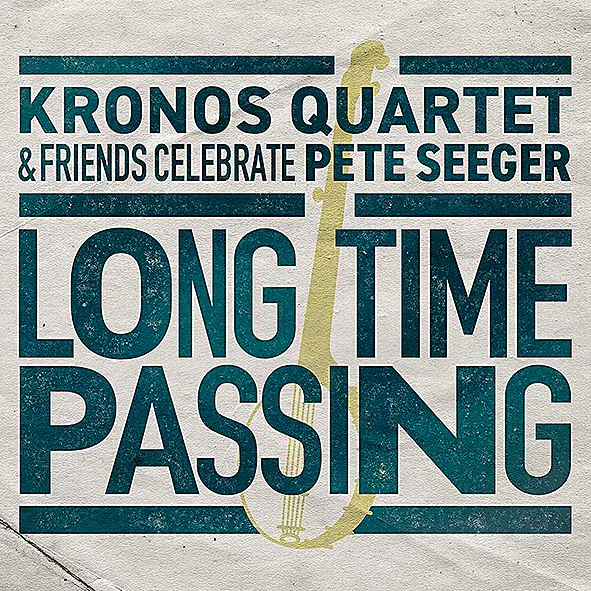
- The best film, TV and video game music recordings released in 2021 so far
- The best classical albums released in 2021 so far
- The best opera recordings released on CD and DVD in 2021 so far
- The best jazz albums released in 2021 so far
- The best classical albums released in 2020
- Which are the best music streaming services?
